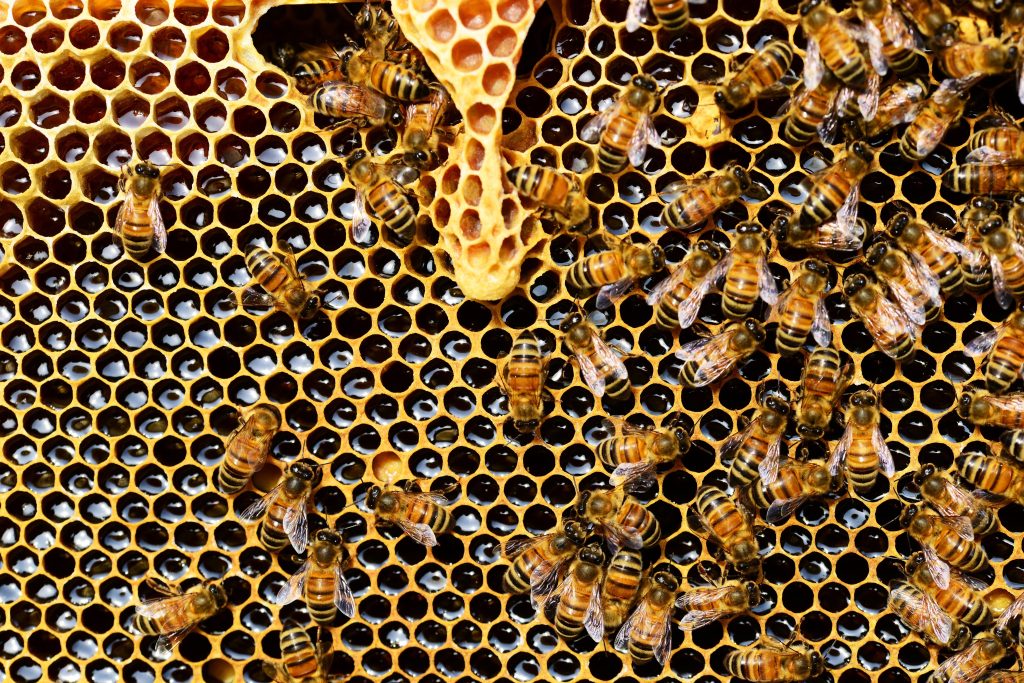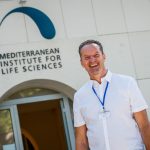November 29, 2023 – Ivana Tlak Gajger is a Croatian bee scientist and the only scientist from the Faculty of Veterinary Medicine in Zagreb who has made it onto Stanford’s University’s World’s Top 2% Scientists.
“I was really pleasantly surprised when I saw that I was included in Stanford’s list of the most influential scientists. I never thought about it, and the feeling of being with the world’s most cited and influential scientists is excellent and an honour”, said Professor Ivana Tlak Gajger (42) from the Faculty of Veterinary Medicine in Zagreb. As 24Sata writes, she has been researching the field of bee health protection for many years.
Cooperation with scientists from around the world
She emphasized that a key part of her success is the rich international cooperation and participation in work with numerous research groups of scientists around the world. For the year 2022, she is the only one on the list from her institution and is also responsible for the first appearance of the Faculty of Veterinary Medicine on the same list.
“The message to my younger colleagues is that you should never give up on your goals, especially if the area of research interest represents a kind of passion and satisfaction for them. That’s when the effort pays off”, said Tlak, who has been working at the university for 18 years.
She started working with bees on her first working day at the university. Now, she cannot imagine a day without them.
With Bees in Her Free Time as well
“Now, I can’t even say that I work with bees, but that I live with them, because I spend not only my time at work with them but also a good part of my free time. They are a part of my life, and thus I achieve my life’s mission of connecting science and the industry. My message is that we take care of the bees together”, said Tlak Gajger.
She works hard to share her love for bees with the students, who show an interest in this field of veterinary medicine.
“Of course, interest varies from generation to generation. Generally, about 10 volunteer students always come to the Institute, who are happy to get involved in professional work as well as special events for the promotion of beekeeping, such as Museum Night or Farmica”, said Tlak Gajger.
PhDs on Bees
She also boasted that in her work so far she has mentored over 40 graduates and that she is currently mentoring her fourth student on their doctoral thesis on a topic related to the biology or pathology of bees. Students from abroad also come to the faculty and show interest in compulsory and elective courses related to bees.
Professor Tlak Gajger, in addition to teaching, also participates in several projects. She particularly highlighted the EU Horizon project B-THENET, the implementation of which aims to recognize the best practices in beekeeping and, by promoting innovation, help modernize the European beekeeping sector. The main objective of the project is to expand and share knowledge and skills by practicing useful and applicable best beekeeping practices and biosecurity measures at the local level.
She emphasized that people can learn a lot from bees.
“They are highly organized and are often called a superorganism because they have an extremely well-arranged sequence and coordination of tasks in the community. They’re also good mathematicians”, Tlak Gajger jokes, adding that we should help them excel.
She added that every individual can contribute to the preservation of honey bees, but even more necessary to wild bees and their diversity – bumblebees and numerous types of solitary bees. We can help them by providing habitats, i.e. places for nesting and natural food.
Houses and Flowers for the Bees
You can set up a house for wild bees, but don’t forget that a hotel without a restaurant is not good! It is imperative to sow or plant honey plants, and leave mowing the grass for after flowering. Make sure not to use dangerous pesticides unnecessarily in gardens, orchards and in fields. In general, it is important in beekeeping to support the local beekeeper by purchasing local honey and other products or api-services, she pointed out.











